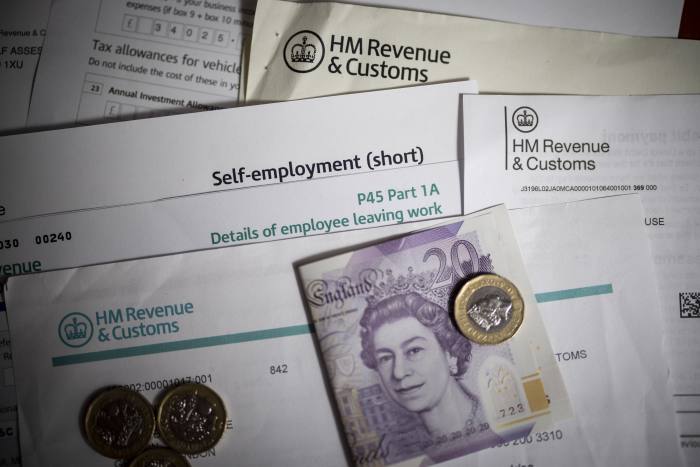
HM Revenue and Customs did not issue a single accelerated payment notice (APN) last year, a tool the tax collector first deployed in 2014 to crack down on taxpayers involved in avoidance schemes.
Last year marked the first year no APNs were issued since the notice’s inception, according to law firm RPC.
To date, 81,540 APNs have been issued, some 12 per cent of which have since been withdrawn.
For each of the last three years, HMRC has withdrawn more APNs than it has issued, according to RPC.
HMRC can issue an APN requesting a taxpayer to pay a disputed sum ‘up front’, before their assessment has been definitively decided – either by the taxpayer agreeing HMRC’s assessment, or the courts making a final judgement in their case.
Taxpayers issued with an APN do not have the right to appeal HMRC’s decision to the Tribunal, and must pay the bill within 90 days or risk paying a late payment penalty.
HMRC justifies its use of APNs as a way of removing the cashflow advantage enjoyed by tax avoidance scheme users.
A spokesperson for HMRC told FTAdviser the withdrawal of an APN doesn’t necessarily mean there is no tax to pay. “The underlying tax dispute remains until it is settled or litigated,” they said.
The spokesperson added that between 2020 and 2021, “as with many” of HMRC’s activities, the government department “reprioritised” its compliance work to focus primarily on work “which supports and protects individuals, businesses and the economy during Covid-19."
They also highlighted how in 2017, HMRC stopped issuing APNs in cases where the avoidance scheme was used before APNs were introduced.
According to a ‘Tax avoidance and tax evasion’ paper published last month by the House of Commons Library, the ‘retrospective’ nature of the scheme had been “controversially” agreed “despite concerns”.
By July 2017, HMRC had issued more than 75,000 notices worth in excess of £7bn, having collected nearly £4bn, according to the paper.
Since 2017, the retrospective element has not been effected, and APNs are now part of HMRC’s ‘business as usual’ compliance processes, as opposed to part of a separate campaign.
“We will continue to consider and issue notices as and when cases which meet the APN criteria are identified,” the HMRC spokesperson said.
Adam Craggs, partner and head of Tax Disputes at RPC, believes the days for APNs might be over nonetheless.
“After issuing a large number of APNs in the early years following their introduction, HMRC appears to be quietly winding down this programme.”
Craggs said HMRC “should be wary of adopting a heavy-handed approach to tax compliance issues”.
ruby.hinchliffe@ft.com





